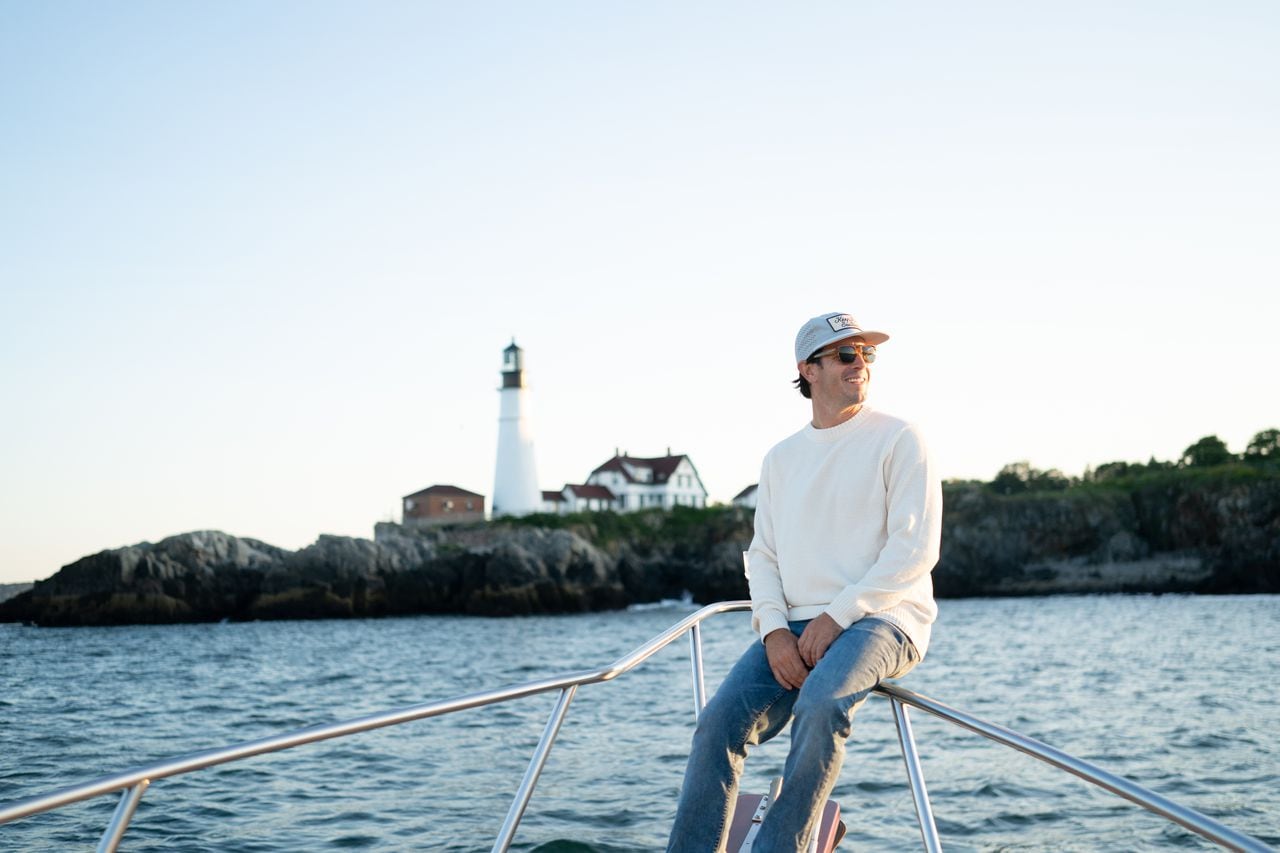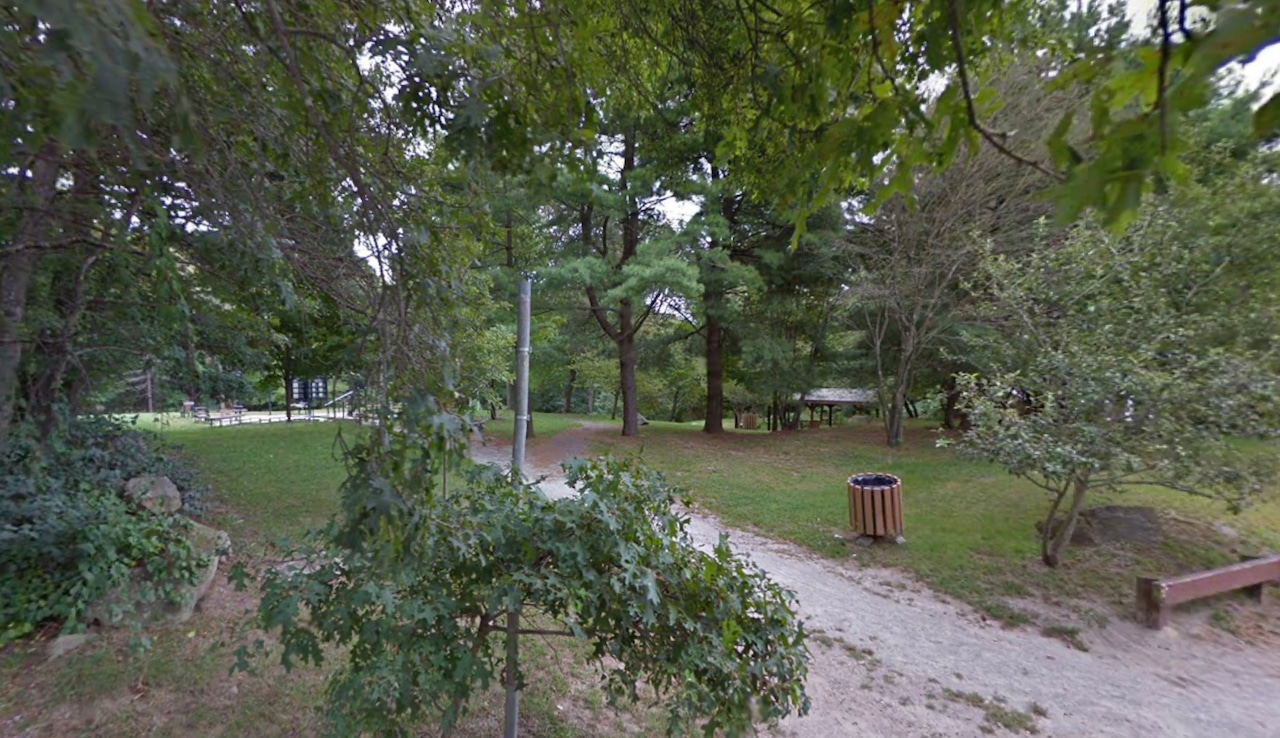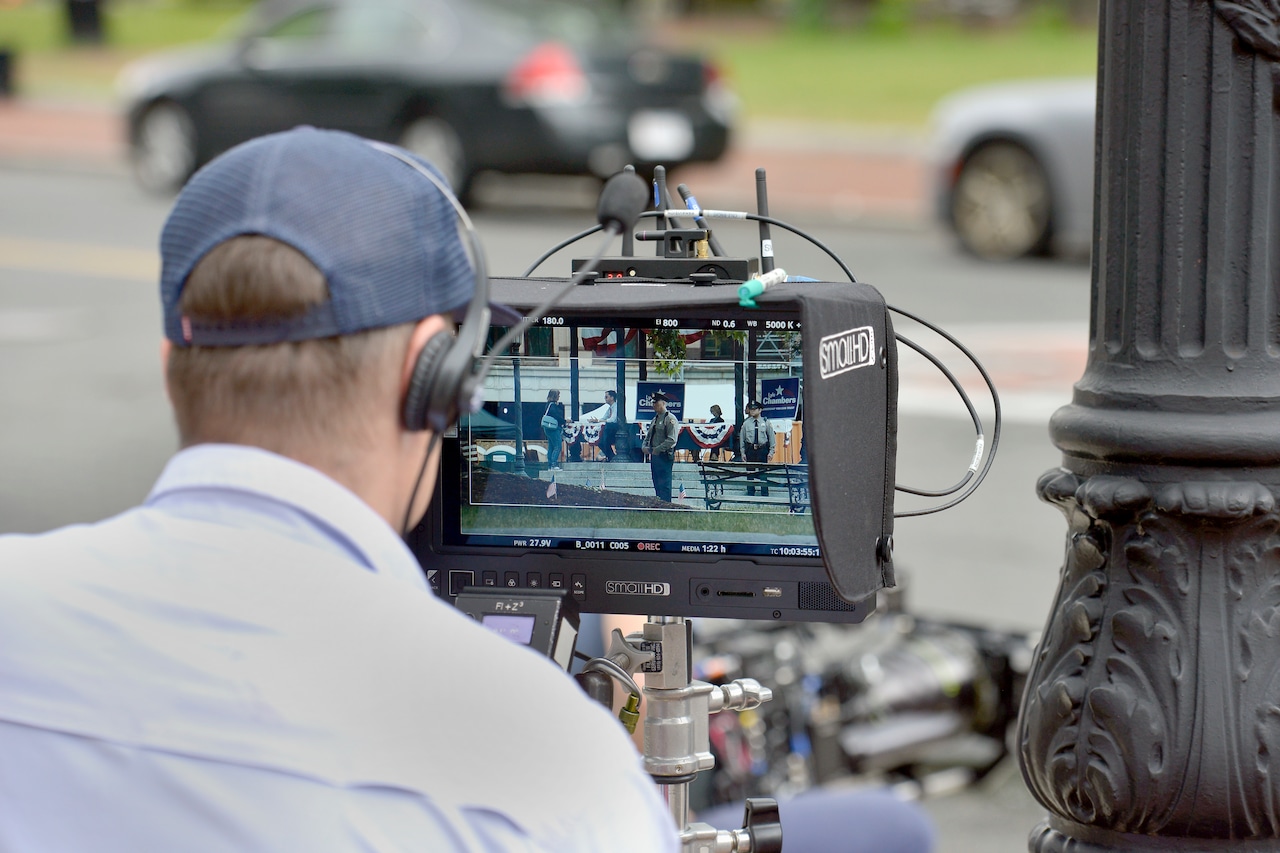
A Massachusetts entrepreneur is on a mission to keep the sea alive and well with his clothing brand that not only makes garments out of recycled materials — including oysters — but also works to protect the environment.
Mike Lamagna is the founder of knitwear brand Long Wharf Supply Company. Inspired by his North Shore roots, the brand turns oyster shells and polyethylene terephthalate (PET) water bottles into its SeaWell sweaters. Aside from being environmentally sustainable, the sweaters stand up to New England’s notorious weather, according to Lamagna.
“We come from a region that has a long history with designing and manufacturing garments to be used and worn every day,” the Andover native told MassLive. “Garments up here are often every bit function and utility as they are style when you’re dealing with unpredictable weather patterns and some harsh environments around Massachusetts and New England.”
Lamagna’s love for the ocean started at an early age. Three days after he was born, Lamagna was brought out on a boat on the Merrimack River in Newburyport. After spending years on the water, Lamagna deeply understands the detrimental impact plastic and waste have on the ocean.
To help reduce the amount of trash and protect the world’s oceans, Lamagna was pushed to develop high quality and stylish clothes that promote the use of recycled materials.
Lamagna’s passion led him to being featured on an episode of Shark Tank in 2021. Despite receiving an offer for $375,000 for 45% of his business, Lamanga turned it down because he “just didn’t find the right partner at the end of the day.”
“People always want to know how the experience went,” Lamagna continued. “I always say the most valuable part was diving deep into the business and taking the time to analyze Long Wharf from a 30,000-foot view, which can be hard when you’re operating in such a fast paced environment during the early days.”
Appearing on the show not only helped introduce Long Wharf to a larger audience, it also helped propel the brand’s mission to reduce waste and clean up inshore waterways.
The clothing company offers a variety of sweaters and t-shirts for men, women and kids like the Rockport SeaWell Sweater and the Edgartown SeaWell Quarter Zip. It takes roughly five oyster shells and eight plastic water bottles to make each SeaWell garment, according to Lamagna.
The shells and bottles are taken out of the waste stream before being reduced to a fine powder and pellets. The powder goes through an extrusion process where the recycled shells and bottles are fused together, Lamagna explained.
“From there, we end up with a recycled filament we’re able to turn into yarn and blend with cotton to create super soft and sustainably minded knitwear,” he said.
Through partnerships with nonprofits such as Billion Dollar Oyster Project, each sweater sold helps to reseed up to 30 oysters, naturally filtering up to 1,500 gallons of seawater each day. According to Lamagna, a healthy adult oyster can filter up to 50 gallons of seawater per day.
“Restored oyster reefs naturally regulate local waterways we all love and promote healthy inshore marine habitats where humans are the first point of contact with our oceans,” he said.
Since 2020, The SeaWell Collection has reseeded more than 3 million oysters and filtered over 150 million gallons of seawater, according to Lamagna.
Long Wharf products can be found at retailers and stockists from Connecticut up to Maine. People in Boston can shop for the products at SAULT New England at 577 Tremont St.
People can find the closest store on the brand’s website, or place an order online. Lamanga also hopes to open his own Long Wharf shop “in the very near future.”






